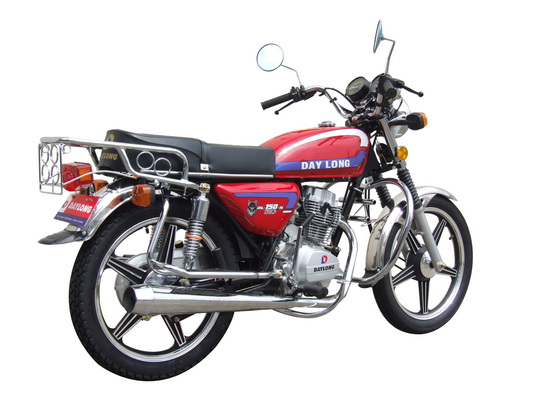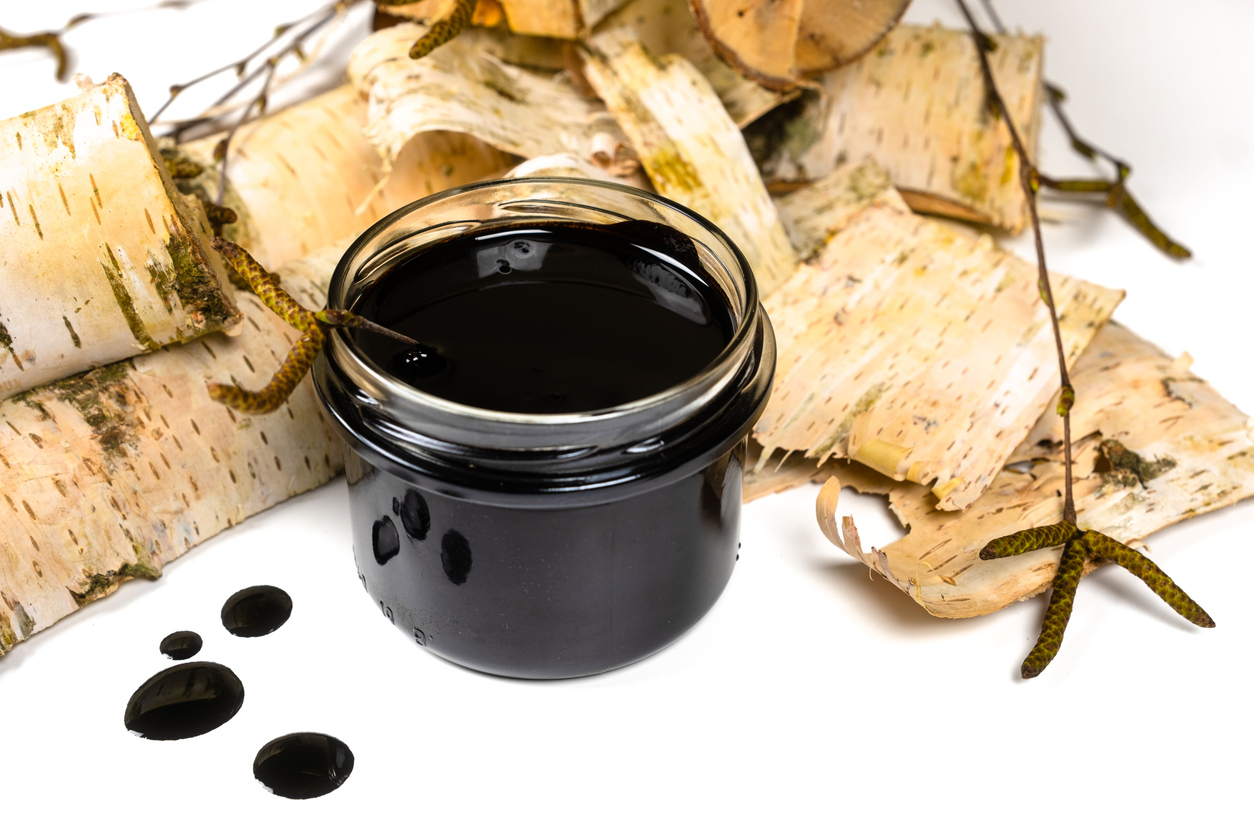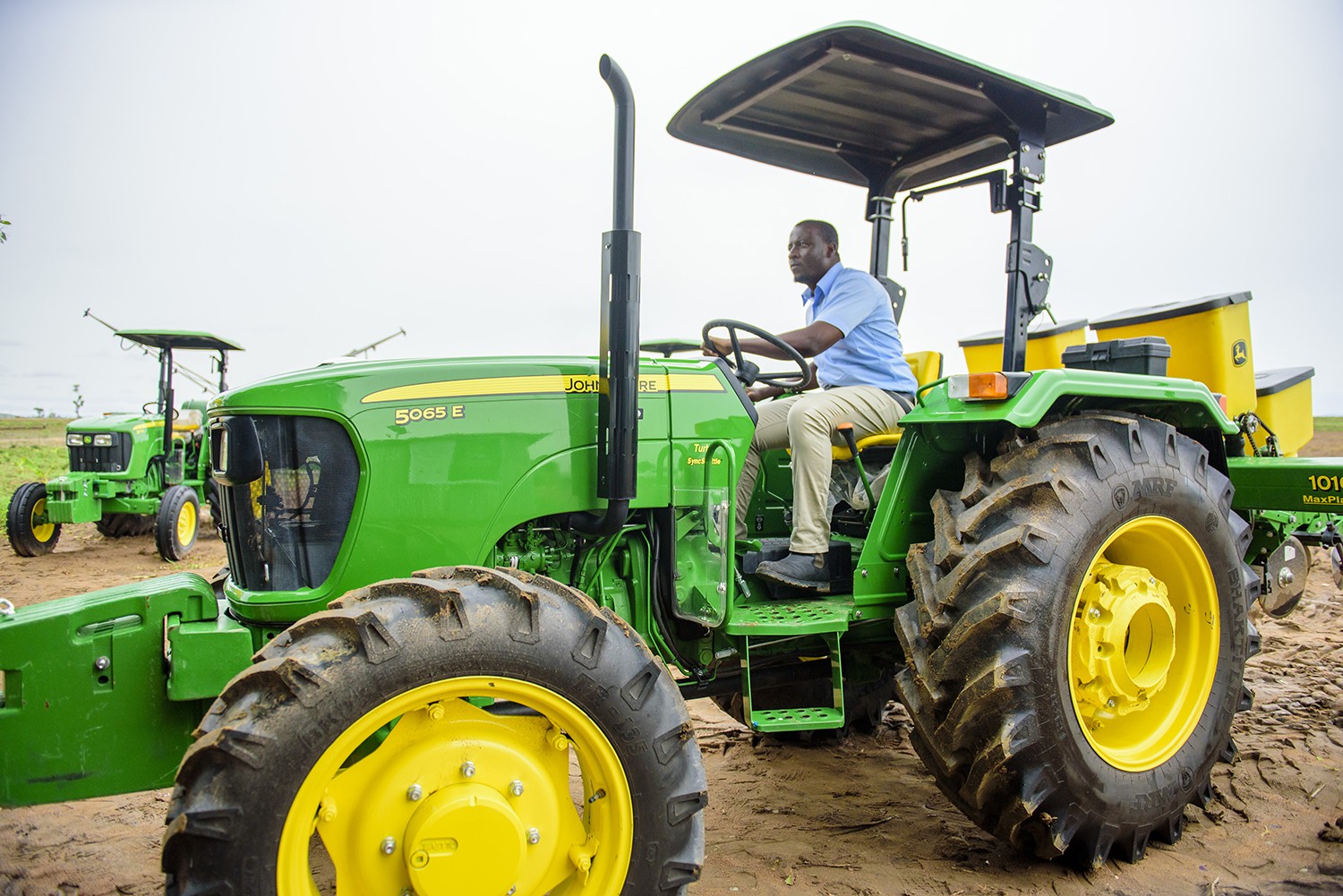The Ultimate Guide to Daylong Motorcycle Prices in Nigeria
The Ultimate Guide to Daylong Motorcycle Prices in Nigeria
If you’re looking for a reliable and affordable way to get around town, you can’t go wrong with a motorcycle. Motorcycles are a great option for commuting and leisure rides, and they’re becoming increasingly popular in Nigeria. But knowing how much you should expect to pay for one can be tricky. That’s why we’ve put together this ultimate guide to daylong motorcycle prices in Nigeria. We’ll break down the costs of different types of motorcycles so you can find the right one for your budget. We’ll also provide some tips on how to get the best deal and what to look out for when buying a motorcycle. So whether you’re a first-time buyer or an experienced rider, this guide will help you get the best value for your money.
Different Types of Motorcycles in Nigeria
While we might all be familiar with these vehicles, there are actually many different types of motorcycles available in Nigeria. If you’re not sure which one you should be looking at, here are some of the most common types. – Cruiser bikes: These are some of the most popular motorcycles in Nigeria. They get their name from their laid-back riding position and relaxed style. Cruiser bikes are ideal for commuting and casual rides, but they aren’t great if you plan to do some serious off-roading. – Dual-sport bikes: Also known as dirt bikes, these bikes are designed for off-roading. They’re great for going on long trips through the mountains, but they aren-t very practical for day-to-day riding. – Scooters: Scooters are often overlooked in Nigeria, but they’re great for commuting and short trips around town. They’re also much easier to handle than a motorcycle, making them a great option for new riders. – Sport bikes: If you’re a serious rider, you’re likely to be drawn to sport bikes. They’re designed for racing and have a high top speed, but their steering will be sensitive and they can be challenging to ride.
Factors Affecting Motorcycle Prices in Nigeria
The type of motorcycle you buy will have a big impact on the price, so it’s important to find the right one for your needs. The following factors can affect the price of a motorcycle in Nigeria. – Engine size: The size of the engine will affect the price of a motorcycle. Smaller engines are cheaper to buy and maintain, but they aren’t as powerful as larger engines. – Brand: The brand of your motorcycle will also have a big impact on the price. Premium brands such as Honda, Yamaha, and Suzuki are more expensive but will last longer and be more reliable. – Model: The model of your motorcycle will also affect its price. Similar to brands, some models are more expensive than others due to added features. – Use: How you plan to use your motorcycle will also have a big impact on the price. If you plan to use your bike for racing or off-roading, you’ll need a more expensive model with added features. – Color: The color of your motorcycle can have a surprisingly big impact on the price. Some colors are more expensive than others, and the cost can vary depending on the brand.
Daylong Motorcycle Prices in Nigeria
Now that we’ve broken down the different types of motorcycles and their individual costs, let’s put them all together. Based on the data from the latest report from Nigerian Bureau of Statistics, we’ve put together a table of the average daylong motorcycle prices in Nigeria. – Cruiser motorcycles: From N110,000 – N250,000 – Dual-sport motorcycles: From N150,000 – N350,000 – Scooters: From N80,000 – N250,000 – Sport bikes: From N250,000 – N1,000,000
Tips for Getting the Best Deal on a Motorcycle
First-time buyers often find the process of buying a motorcycle daunting and confusing. Luckily, there are some steps you can take to make the process easier and get the best deal for your money. – Visit multiple dealerships: Before you visit a dealership, you should have a clear idea of the model and color of motorcycle you want. This way, you can focus on comparing different dealerships and finding the best price. – Book a test drive: A test drive is one of the best ways to find out if a motorcycle is right for you. It will also give you the opportunity to get a feel for its performance and see if it fits your budget. – Check the mileage: There are plenty of ways to lower the price of a used motorcycle, but the only way to get a good deal is to check the mileage. If the seller doesn’t provide the mileage, you should walk away.
What to look out for when buying a Motorcycle
There are plenty of things to look out for when buying a motorcycle. If you’re buying a used model, there are a few extra things you should check. – Check the oil: You should check the oil before taking the motorcycle for a test drive. If the level is low, this could be a sign of problems ahead. – Inspect the wheels: Check the condition of the wheels and tire treads. Worn tires can lead to accidents and are often a sign that the previous owner didn’t take care of the bike. – Check the brakes: You should always test the brakes before taking a test drive. You should also check that the brake pads are in good condition and haven’t been worn down unevenly. – Check the frame: You should also check the frame for any signs of damage. A damaged frame could lead to bigger problems in the future. – Check the seat: Finally, check the seat for signs of wear and tear. This is one of the most common places for a motorcycle to break down.
Conclusion
There are many types of motorcycles out there. Each has its own benefits and can be a great way to get around town. Before you buy a motorcycle, make sure you’re getting a good deal by following these tips. Choose the type of bike that best suits your needs and budget, and you’ll be on the road to owning your dream bike in no time.








LEAVE A COMMENT
You must be logged in to post a comment.